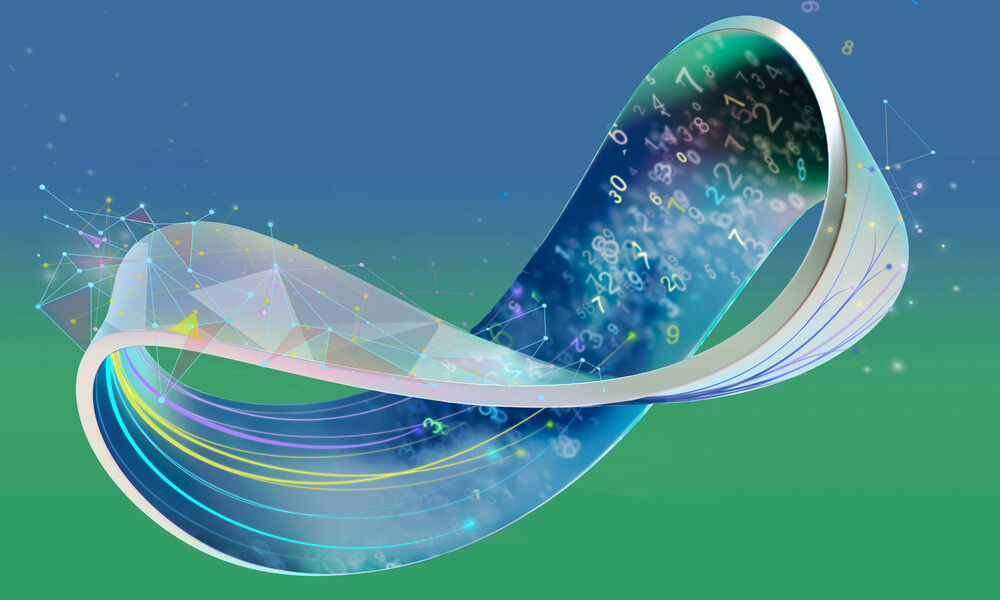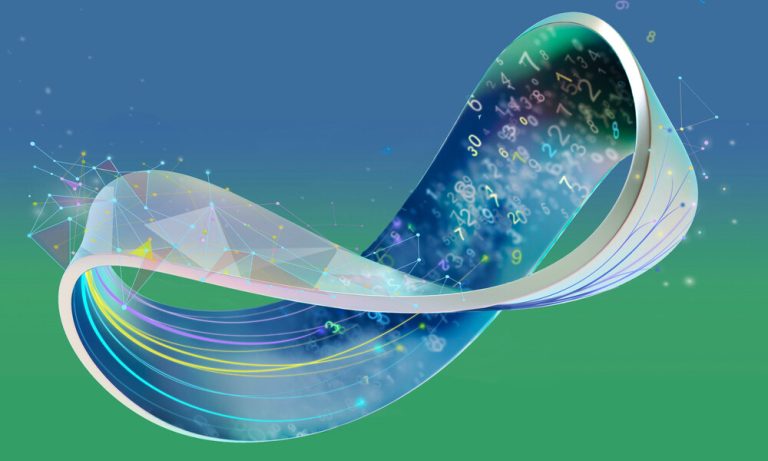The prize was awarded to John J. Hopfield and Geoffrey Hinton for their seminal contributions to the fundamental methods that enabled the development of machine learning.

John J. Hopfield of Princeton University, USA, and Geoffrey E. Hinton of the University of Toronto, Canada, have been awarded the 2024 Nobel Prize in Physics. The prize recognizes their seminal work in the development of fundamental methods that form the basis of today’s machine learning technologies and artificial neural networks.
Both winners used principles of physics to train artificial neural networks that can recognize patterns and learn from data. These discoveries have contributed greatly to the current expansion and explosion of machine learning approaches and artificial intelligence (AI) methods. These approaches have found applications in various fields, such as particle physics, life sciences, astrophysics and chemical engineering, as well as in everyday computer use.
AI and machine learning in life sciences
EMBL today contributes to the development and application of AI tools for life sciences research, in addition to advancing new AI methods, particularly in the areas of structural biology. , omics and imaging.
The many recent advances in machine learning and artificial intelligence would not be possible without the large volumes of high-quality data needed to train these models. In the life sciences, the culture of open data sharing, particularly via EMBL Open Data Resourceshas enabled researchers to develop machine learning tools to answer fundamental questions, such as how proteins foldand supports practical applications such as interpret biological images to help diagnose medical problems.
An example of such applications – cited by the Reference document on the Nobel Prize in Physics because “so far, the most spectacular scientific breakthrough using deep learning artificial neural network methods” – is AlphaFoldan AI tool capable of accurately predicting protein structures. AlphaFold was formed from several decades of research data generated by scientists around the world and made available in EMBL’s open data resources.
We congratulate John J. Hopfield and Geoffrey E. Hinton on this important recognition, and we hope that the field of AI and machine learning continues to evolve, particularly in the life sciences and applications biomedical.
/Public broadcast. This material from the original organization/authors may be timely in nature and edited for clarity, style, and length. Mirage.News takes no institutional position or party, and all views, positions, and conclusions expressed herein are solely those of the author(s).View in full here.


